

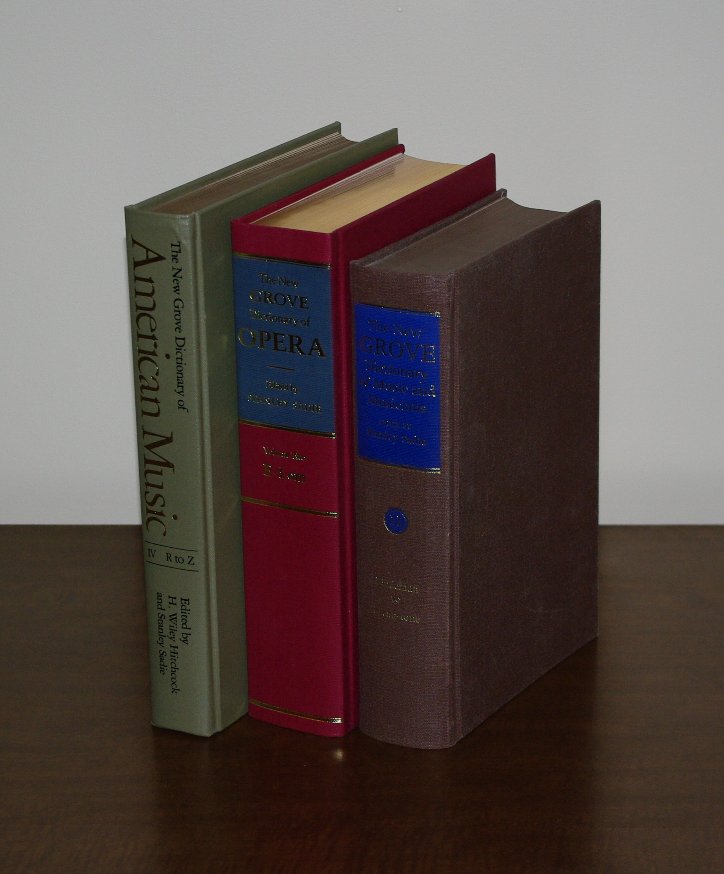 SS: Speaking as a critic, you mean? Every
critic is always thinking, “Who is reading this?
When are they reading it? What are they doing when they’re reading it?
What are they wanting from me?” It’s a job.
You have to satisfy your readers. If you don’t, you won’t be doing
it much longer! So, you have to think about that all the time.
Yes, I think there is something different. In England — I know more
about English circumstances than American, of course — if
you’re a Sunday critic, you, as it were, take a deep breath before you write
your piece. You think back over a few events and you maybe frame a
story around several things with the emphases you want. You may be
trying to get something a little deeper than just commenting on events.
But if you are a daily critic and you are writing about one event at a time,
then really your job is partly reporting, partly criticism, partly placing
of the artist or the music.
SS: Speaking as a critic, you mean? Every
critic is always thinking, “Who is reading this?
When are they reading it? What are they doing when they’re reading it?
What are they wanting from me?” It’s a job.
You have to satisfy your readers. If you don’t, you won’t be doing
it much longer! So, you have to think about that all the time.
Yes, I think there is something different. In England — I know more
about English circumstances than American, of course — if
you’re a Sunday critic, you, as it were, take a deep breath before you write
your piece. You think back over a few events and you maybe frame a
story around several things with the emphases you want. You may be
trying to get something a little deeper than just commenting on events.
But if you are a daily critic and you are writing about one event at a time,
then really your job is partly reporting, partly criticism, partly placing
of the artist or the music.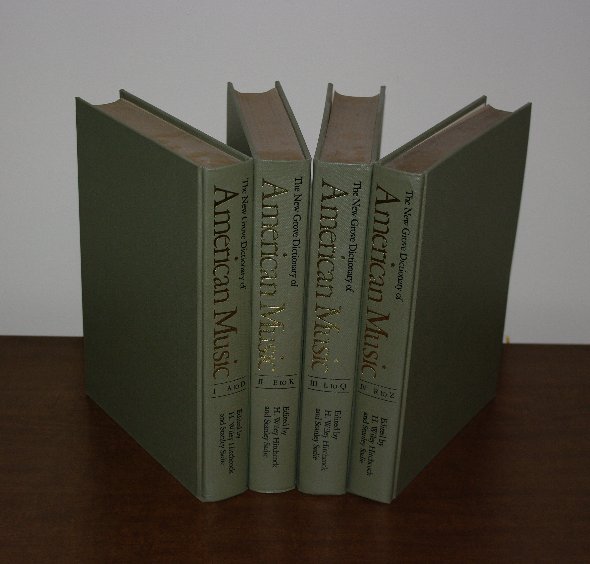 BD: You don’t view your writings as teaching the
public?
BD: You don’t view your writings as teaching the
public?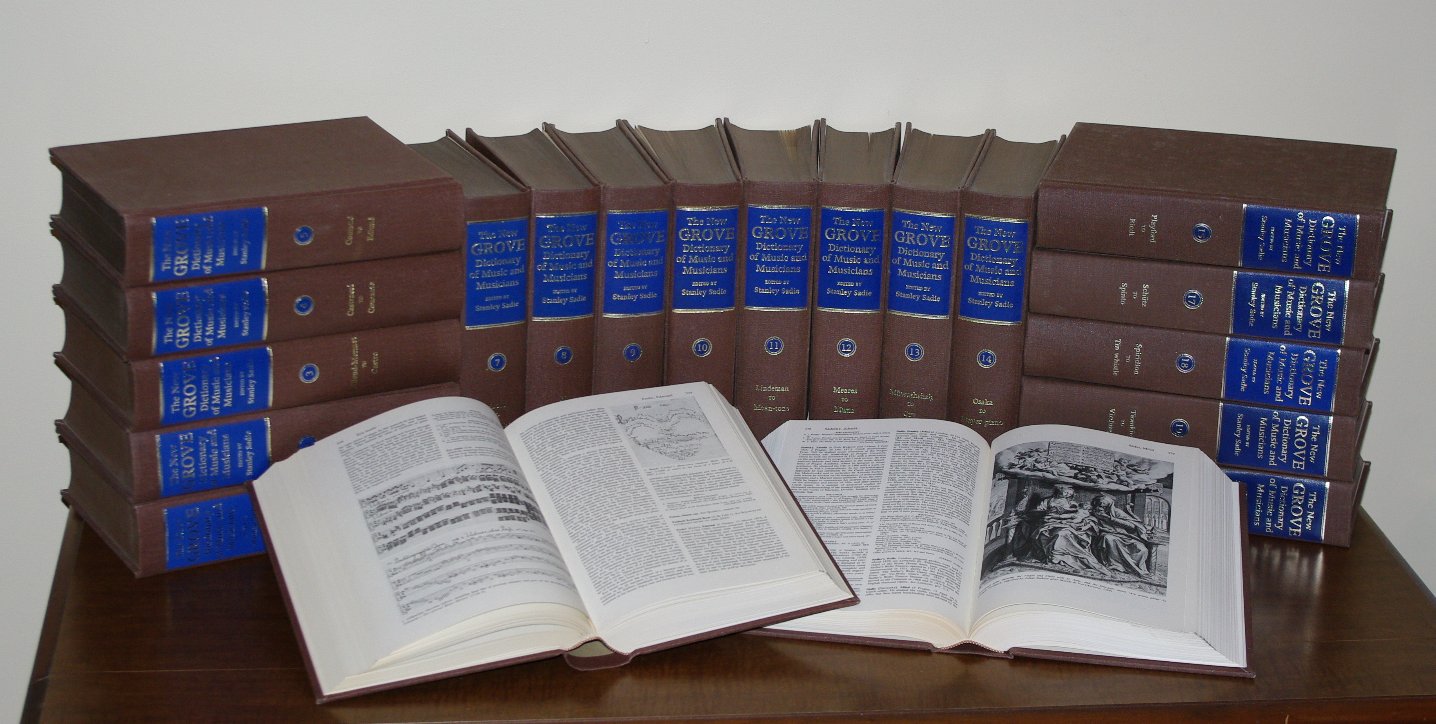
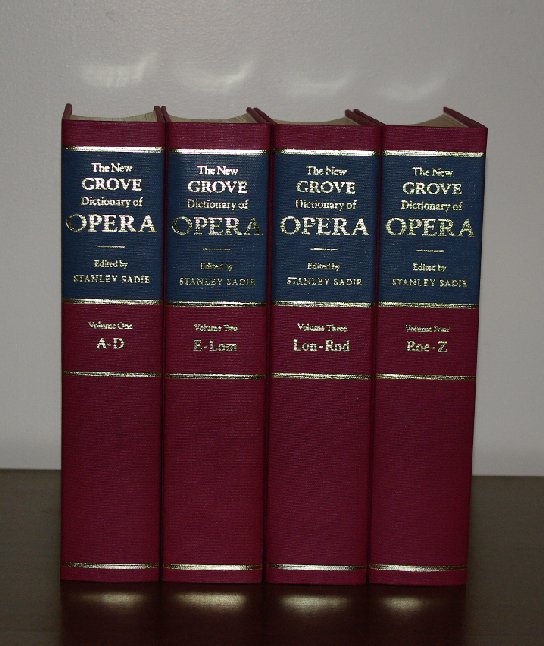 BD: How many volumes is the Dictionary of Opera?
BD: How many volumes is the Dictionary of Opera?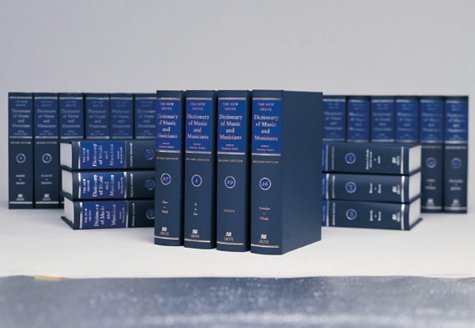 BD: Has there been any thought to adding an appendix
volume?
BD: Has there been any thought to adding an appendix
volume?| From The Times March 23, 2005 Stanley Sadie Musicologist whose thirst for all forms of scholarship made the New Grove Dictionary the last word on music. A leading Mozartian scholar, Stanley Sadie was also widely knowledgeable in every other branch of musical scholarship. This made him eminently suitable for editing The New Grove Dictionary of Music and Musicians from 1970. The 20 volumes eventually appeared in 1979, delayed because of the large scope of the new edition. He was also largely responsible for organising its successor in the late 1990s. The two editions evinced an enormous increase in the size of the work, encompassing a vast amount of new scholarship and long articles on ethnic music. Such was Sadie’s enthusiasm that some thought the Grove had become too unwieldy, too eclectic. Yet several spin-off volumes, all edited by Sadie, meant that one could acquire just the sections of Grove one wanted. One of the most important of these, with additional material, was The New Grove Dictionary of American Music (1986). The New Grove Dictionary of Opera (1992) used some matter from the main Dictionary, but contained many new articles. It remains the most authoritative of its kind, not least because of Sadie’s thorough control of editorial policy. Sadie was accomplished in choosing the right author for a subject. Having travelled widely in musical lands, he was able to make the dictionary far more cosmopolitan in its style and scope than it had previously been. He was a hands-on editor, overseeing almost every aspect of the vast work’s myriad entries, and contributing a great deal himself in writing new and learned articles. He was not unnaturally angered when one colleague invented two composers (actually two Danish villages hyphenated), a matter that eluded even Sadie’s eagle eyes, for the 1979 edition, although the incident provided some undoubted mirth among readers in the know. The exigencies of producing the 2001 edition faster than Sadie would have liked was part of the reason for his eventual replacement as effective editor, although he still acted in an advisory capacity and had assembled many fresh entries and new authors. In the end, that most recent edition showed all too clearly the haste in which it went to press and on to the internet. Sadie had enjoyed a busy career as a musicologist and critic before he was invited to edit Grove. Indeed he was probably put in charge of the dictionary following his time as a successful editor of The Musical Times (1967-87). He extended its range in terms of coverage of events, particularly as regards contemporary works, and a wide range of articles concerned with the fruit of musical research. He was president of the Royal Musical Association in 1989. He became a music critic on The Times in 1964 and remained in that post until 1981, when his work on Grove demanded his full-time attention, although he occasionally found time to write notices, lengthy and well-informed, for the Financial Times. His reviews always suggested a firm commitment to musical scholarship, and his views, usually sympathetic to the performers, were laced with a caustic wit. He was, in sum, a fair but strict critic. Sadie was born in London, and attended St Paul’s School, 1942-48. He read music at Cambridge from 1950, studying with Charles Cudworth, Thurston Dart and Patrick Hadley. The first two no doubt led him to his lifelong work on composers of the 18th century. Indeed, having obtained an MA, he went on to take a PhD with a dissertation on mid-18th-century British chamber music, He taught at the Trinity College of Music, 1957-65, before turning to musical journalism. In 1976, besides his other work, he became general editor of the authoritative Master Musicians series of music biographies. He also found time to write books on Mozart (1966), Beethoven (1967) and Handel (1972). After he left Grove he embarked on a book, with his wife Julie, on composers’ houses. This will shortly be published under the title, Calling on the Composer: a guide to European composers’ homes and museums. This is the fruit of 12 years’ labour by the partners. On a visit to Russia for the volume, Sadie was involved in a serious car crash, caused by an unruly taxi driver, that nearly brought his life to a premature end. By that time he had embarked on a large, exhaustive work on Mozart, the first volume of which he managed to finish and is with the printers. Mozart and Handel (he was the first to suggest the restoration of Handel’s London home as a museum) were indeed the great loves of his life, and he probably knew as much as any of his contemporaries about those great composers’ lives and work, examining and re-examining source material in his typically scrupulous manner and writing about their work from his extensive knowledge of the scores. A festschrift in Sadie’s honour, subtitled Words about Mozart: Essays in Honour of Stanley Sadie, was published by Boydell and Brewer in February. Many of his most distinguished colleagues contributed to this celebration of his work. He was a lively, witty and quite didactic conversationalist, often at his happiest when discussing the minutiae of a score or dissecting an interpretation of one. Friends could be sure to have any theory tested in conversation by a finely honed, always inquisitive mind. He achieved an enormous amount in furthering the cause of musical scholarship and knowledge in an international environment. At the same time he always ensured that there was time to enjoy the good things of life. Sadie was twice married. He had three children by his first wife, Adele. After her early death in 1978, he married the American string player and musicologist Julie Anne McCornack. They had a son and daughter. He was appointed CBE in 1982. Stanley Sadie, CBE, musicologist, editor and writer, was born on October 30, 1930. He died on March 21, 2005, aged 74. |
|
In March of 2014, I received
the following e-mail, and was granted permission to reprint it here.
Dear Mr Duffie, I have just had the good fortune to come across your interview
with my father, the critic and writer on music Stanley Sadie. Thank you
for making it available online, in the first place; I would not otherwise
have known it existed or been able to read it.
Thank you also for getting the most out of him in the interview.
His lively, witty, thoughtful attitude comes across so readily, in answer
to your very perceptive questions. He sounds jolly - and charming - which
he was.
It was a real pleasure to read it - especially on this sad
day, the ninth anniversary of his death. Thank you for brightening it up
a little for me!
With very best wishes,
Celia Sadie
|
This interview was recorded in Chicago on October 29, 1992.
Portions (along with recordings) were used on WNIB later that year, and again
in 1995 and 2000. This transcription was made and posted on this website
in 2009, and the note from his daughter was added in 2014.
To see a full list (with links) of interviews which have been transcribed and posted on this website, click here.
Award - winning broadcaster Bruce Duffie was with WNIB, Classical 97 in Chicago from 1975 until its final moment as a classical station in February of 2001. His interviews have also appeared in various magazines and journals since 1980, and he now continues his broadcast series on WNUR-FM, as well as on Contemporary Classical Internet Radio.
You are invited to visit his website for more information about his work, including selected transcripts of other interviews, plus a full list of his guests. He would also like to call your attention to the photos and information about his grandfather, who was a pioneer in the automotive field more than a century ago. You may also send him E-Mail with comments, questions and suggestions.